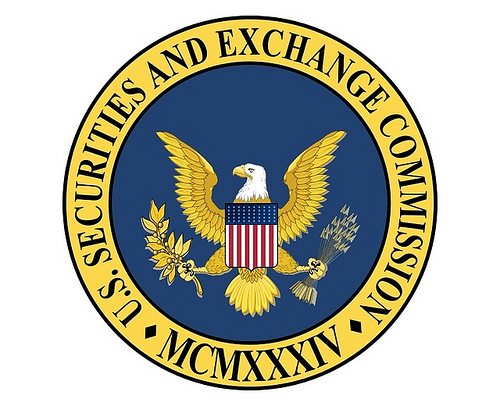The CEO of Netflix, Reed Hastings, was proud that his company had hit over 1 billion hours of video watching in one month. He posted a congratulatory note on his personal Facebook account praising his team for his hard work, and that 43 word message resulted in a slap on the hand from the Securities and Exchange Commission (SEC) saying that he broke the Regulation Fair Disclosure act that requires a company to disclose information to all investors at the same time. While he has over 200,000 followers on his personal Facebook page, it is not an official corporate sanctioned page—and the 1 billion hour record could have been deemed insider information. However, if he had followed up his casual praise with a press release on the company page, all would be well.

In light of recent events, SEC has been forced to take another look at their social media policies.
On Tuesday, according to a NY Times article, the SEC reviewed their antiquated policies towards social media giving corporations a bit more leeway to use Facebook, Twitter, and other social networks to disseminate information. After several months of investigation the SEC has relaxed its stance and said that if a corporation makes it clear which pages or feeds will be used to send out announcements, corporations may use social media outlets to communicate with their employees and investors. Unfortunately, the Netflix investigation may result in less spontaneity. CEOs will be more cautious and seek compliance approval before releasing information, especially on unofficial company pages.
I read this article with a certain amount of amusement. Our newspapers are filled with stories about serious insider trading, from Galleon to SAC Capital. But sanctions for praising employees for a job well done seem a bit crazy to me. And ignoring the importance of social media platforms is not only crazy but insane. The social media horse has already left the gate, and the SEC is wise to re-evaluate antiquated policies—even if those policies are only a few years old.
A CEO should have access to social media to compliment staff, connect with customers, and voice her thoughts and opinions. If smart investors are willing and able to find research and valuable information trolling on these open pages and feeds—is that wrong? Or is it really the democratization of insider trading?






